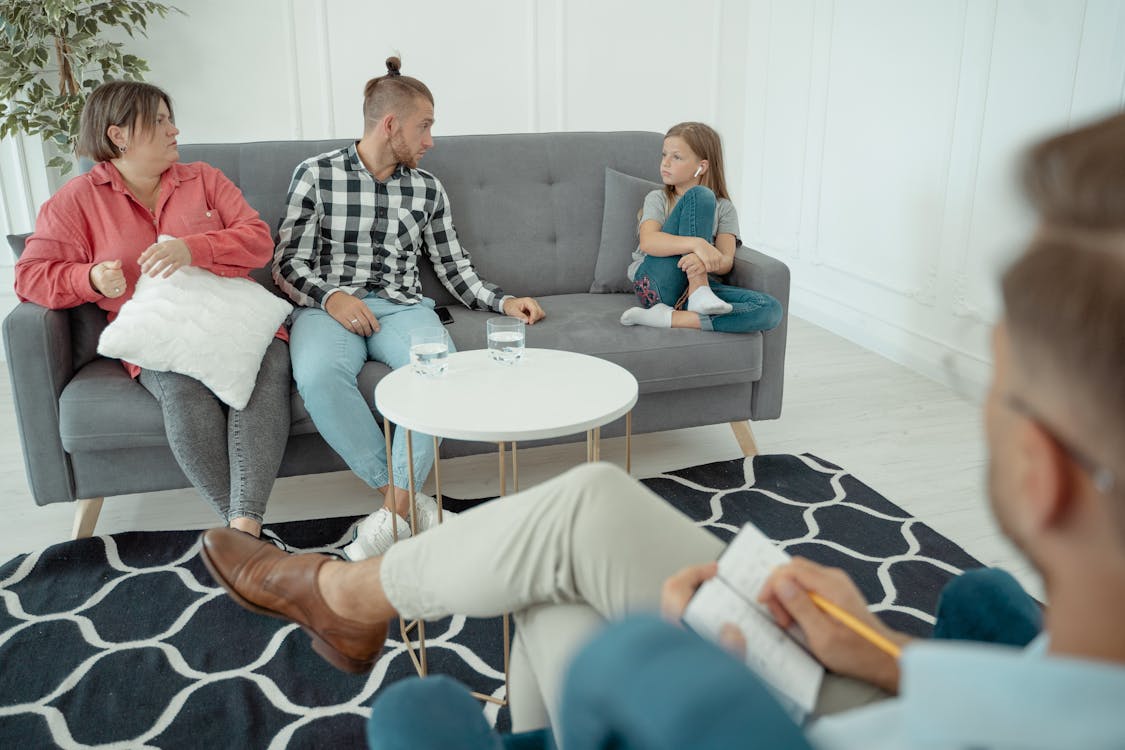Embracing Diversity: Honoring Family Identity in Healing Journeys
In the realm of family therapy, embracing diversity is not just a concept; it's a fundamental principle that shapes the healing journey. Every family is a unique tapestry woven from various threads of culture, ethnicity, traditions, and individual personalities. Recognizing and honoring this diversity is essential for effective therapy, fostering an environment where all family members feel safe, valued, and heard.

Families often seek therapy during times of distress, when communication breaks down, and conflict escalates. It’s easy to identify one member as “the problem,” but this perspective oversimplifies complex dynamics. Instead of focusing solely on the individual, a holistic approach examines the intricate web of relationships within the family system. As a therapist, my role is to facilitate discussions that allow each member to express their experiences and emotions without fear of judgment.
Creating a safe space for dialogue is vital. This means not only acknowledging each person's voice but also respecting their unique cultural backgrounds and identities. For instance, a family with diverse ethnic backgrounds may bring different values, traditions, and communication styles to the table. By validating these differences, we can foster deeper understanding and empathy among family members. This process often involves renegotiating unspoken rules that dictate how family members relate to one another, allowing for healthier interactions.
In therapy, it's essential to address the distinct culture of each family. This includes exploring how external societal pressures—such as discrimination or cultural stereotypes—impact the family unit. Acknowledging these influences can empower families to navigate challenges more effectively. When family members see that their cultural identity is respected and integrated into the therapeutic process, they are more likely to engage fully and invest in their healing journey.

As families work through their issues, they also develop crucial coping skills that enable them to manage emotional reactions and conflicts constructively. These tools help families communicate better, fostering an environment where everyone feels comfortable expressing their needs and concerns. The goal is not just to resolve current issues but to equip families with strategies that promote long-term relational health.
Ultimately, embracing diversity and honoring family identity is about recognizing the richness each member brings to the family dynamic. It involves understanding that each person's experiences and perspectives contribute to the collective narrative. By valuing these differences, families can build stronger connections, paving the way for healing and growth.
In conclusion, honoring diversity in family therapy is essential for creating an inclusive and supportive environment. By fostering open communication and respect for each family member's identity, we can help families navigate their challenges and emerge stronger, more connected, and resilient. The journey toward healing is not only about resolving conflicts but also about celebrating the unique identity of each family.

Comments
Post a Comment